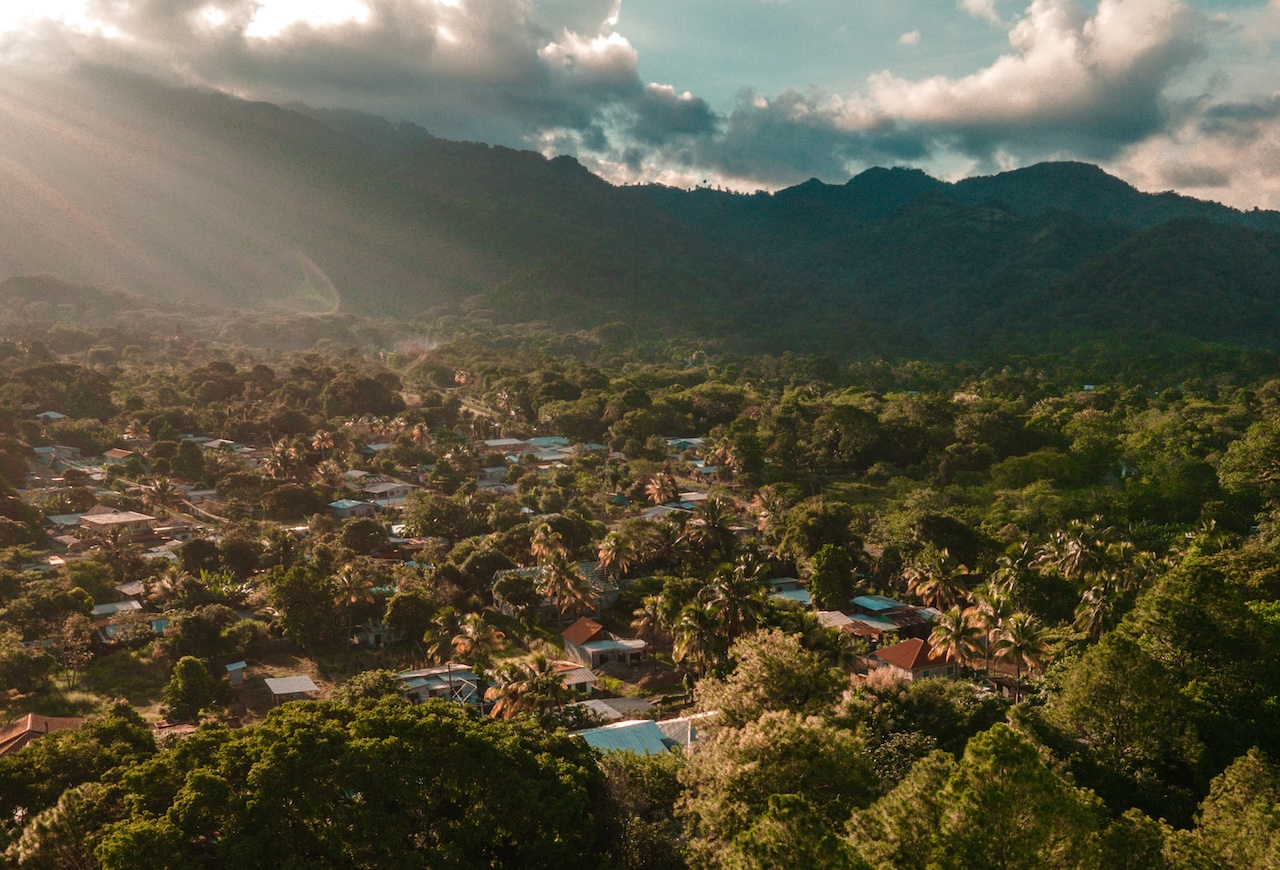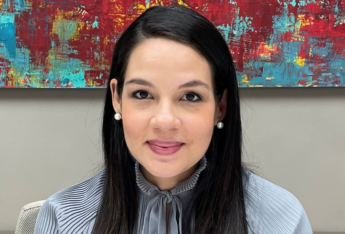The Norwegian development finance institution has invested $10m into Honduran bank Banco Popular to improve access to financial services for micro, small and medium-sized enterprises in Honduras.

Norwegian development finance institution, Norfund, has invested $10m (€9m) into Honduran bank, Banco Popular, which specialises in microfinance and lending to small and medium-sized enterprises (SMEs).
The investment in the form of a senior loan aims to support the bank’s medium-term financing allowing it to offer longer-term financing to its microfinance and SME business clients through its network of 41 offices spread across the country.
This latest investment is Norfund’s fifth in the country following investments into two renewable energy projects in 2015, as well as into two of Honduras’s largest banks, Banco Ficohsa, in 2012 and 2019 and Banco Atlántida in 2021.
Speaking to Impact Investor, María Esther Boquín, investment manager at Norfund, who is San José, Costa Rica but is originally from Honduras, said: “Honduras has always been one of our core countries. After investing in the country’s largest banks, we decided to invest with Banco Popular, probably its smallest, because it stood out for its strong social objectives, its sound financial position as well as its robust corporate governance thanks largely, to its main shareholders.”

These shareholders include the Dutch and Belgian development finance institutions, FMO and BIO, and impact investment managers Triple Jump and Incofin.
Boquín said that since inception, the bank had specialised in microfinance and SME lending and that almost 50% of its client base was in rural and often remote areas where the country’s most vulnerable population was concentrated.
“Our loan aims to support the bank in increasing this client base and offering longer-term lending to improve SME’s productive capacity and ultimately, people’s living standards too.”
Improving living standards
Honduras ranks among the poorest countries in Latin America. In 2023, 51.3% of the population was living below the national poverty line and an earlier report found that 23% of children aged 6-59 months suffered from chronic malnutrition.
“According to the World Bank’s Human Capital Index, a child born in Honduras will be nearly half as productive as they could be if they received a full education and enjoyed full health. We believe that our support, along with that of other development finance institutions, is crucial to improving these indicators,” said Boquín.
SMEs in Honduras, as in many emerging markets, are key job creators and play a crucial role in driving the economy explained Boquín.
“These businesses account for around 20% of the GDP in Honduras. We want to help formalise them, so that they can start to pay taxes but also take advantage of social security and other state benefits to raise living conditions.”
Financial inclusion
According to Norfund, only 45% of Honduras’s population has a bank account and the country’s mountainous terrain also makes it difficult to reach the approximately 40% of the population that resides in rural areas, with financial services.
Boquín said the bank had a digital platform and mobile App, with user assistance, to facilitate access to its services for people living in remote areas and that beyond providing access to financing, the bank also offered its customers informal education and training programmes “for professional and human development”.
“It’s not just about helping people to open an account and giving them a loan, you really need to educate them financially, to allow them to use the funds effectively and strategically, so that their businesses can grow and multiply,” she added.
Mitigating foreign exchange risk
Boquín explained that Banco Popular would receive the loan in the local currency, Honduran Lempira and would repay the principal and any interest, by converting the amount borrowed in local currency into dollars at the time of repayment to mitigate foreign exchange risk.
“It is vitally important that we are able to finance institutions like Banco Popular in their local currency because their loans to their end clients are entirely in the local currency,” she said. “This allows them to mitigate the foreign exchange risk and safeguards both them and their clients from currency fluctuations that could otherwise lead to financial instability. Instead, Norfund will assume some FX risk but that is part of our mission.”






